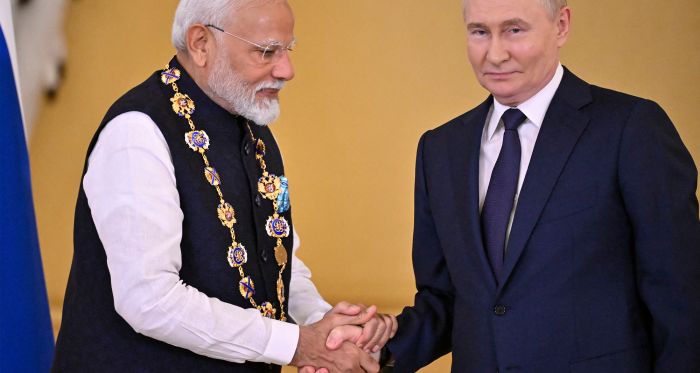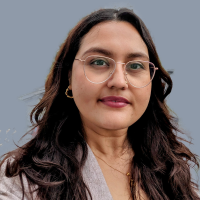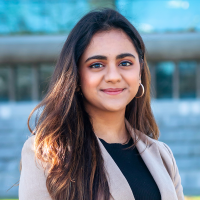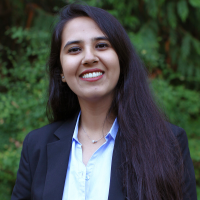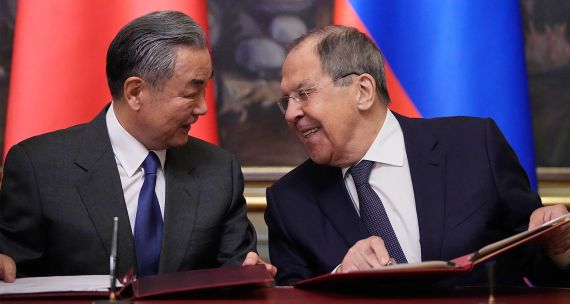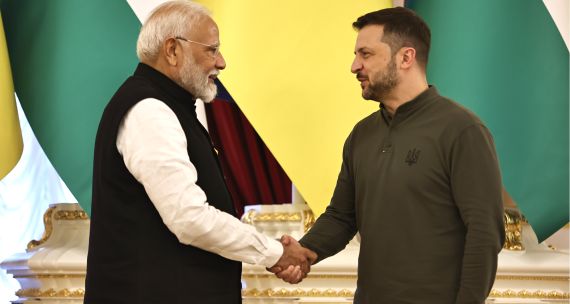À retenir
La visite du premier ministre indien Narendra Modi en Russie, les 8 et 9 juillet derniers, a créé une image d’écran fractionné qui résume son difficile exercice d’équilibre diplomatique : d’un côté, Modi étreignait le président russe Vladimir Poutine et réaffirmait le partenariat de longue date entre les deux pays, et de l’autre, dans la lointaine Washington, D.C., les dirigeants des pays de l’OTAN – dont certains cherchent à établir des relations stratégiques plus étroites avec New Delhi – condamnaient Poutine avec force.
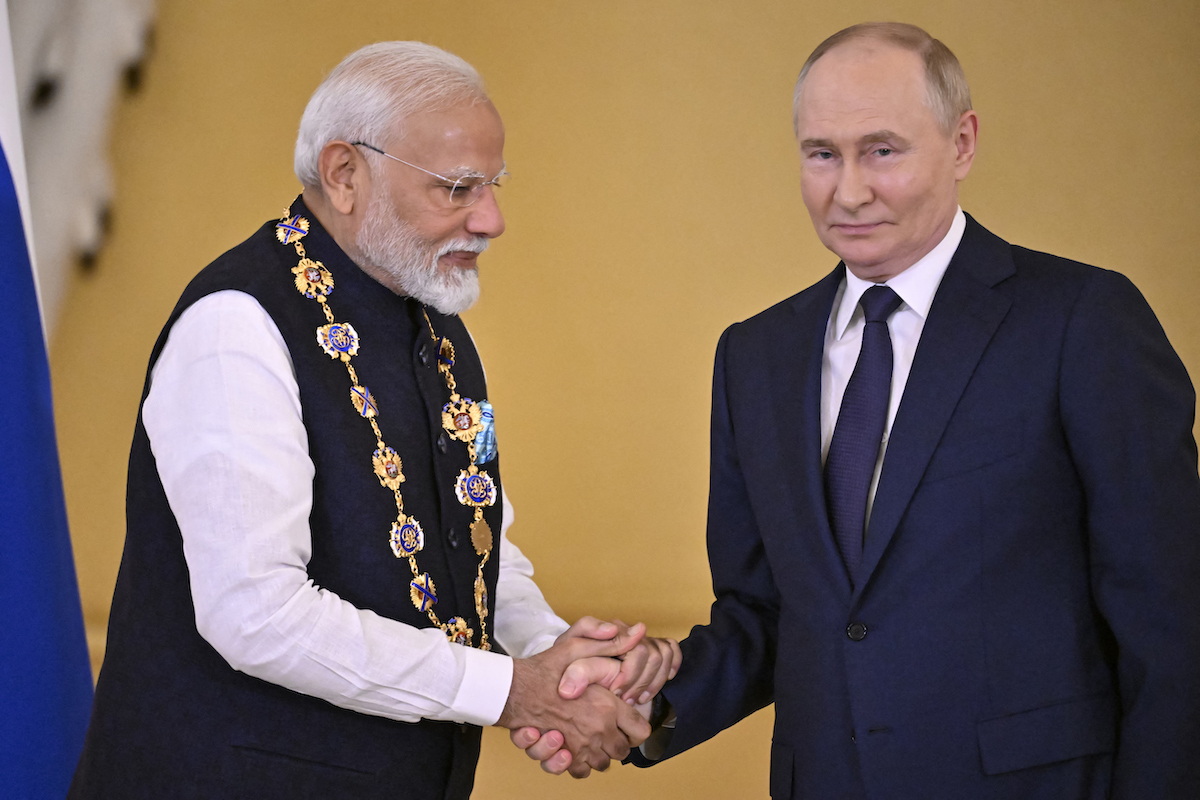
Le fait que l’Inde courtise des partenaires des deux côtés montre que sa politique étrangère reste fondée sur l’« autonomie stratégique » : il s’agit de maintenir une flexibilité maximale en évitant de prendre parti.
En bref
- En juin, la visite de Modi en Russie était son premier voyage bilatéral à l’étranger depuis le début de son troisième mandat en tant que premier ministre indien. À l’issue de la rencontre entre Modi et Poutine, les deux parties ont publié une déclaration de vision commune qui fournit une feuille de route pour la coopération future en matière de défense, de commerce, de connectivité, de l’espace, d’énergie et d’aide russe au développement de centrales nucléaires en Inde.
- L’Inde tire des avantages matériels substantiels de ces relations bilatérales. Quarante-deux pour cent des importations de pétrole brut du pays proviennent de Russie, et ce à des prix réduits. Il s’agit d’une augmentation de 20 % par rapport aux deux dernières années.
- Toutefois, sur le plan diplomatique, les relations sont devenues plus compliquées. Il s’agissait de la première visite de Modi en Russie depuis l’invasion à grande échelle de l’Ukraine par Moscou en février 2022. Même si l’Inde n’a pas condamné publiquement les actions de la Russie, Modi a indiqué au cours de son voyage que « le dialogue et la diplomatie » étaient essentiels pour mettre fin à la guerre.
- Alors que de nombreux gouvernements occidentaux ont tenté d’isoler la Russie sur le plan diplomatique et de la punir économiquement par des sanctions, la visite de Modi a eu l’effet inverse, montrant au public russe et international que Poutine entretient des liens étroits avec les grandes puissances mondiales.
-
Pour sa part, Poutine a démontré la valeur qu’il accorde à cette relation en remettant au président Modi l’ordre impérial de Saint-André Apôtre, la plus haute distinction civile de Russie. Le président chinois Xi Jinping a reçu la même distinction en 2017.
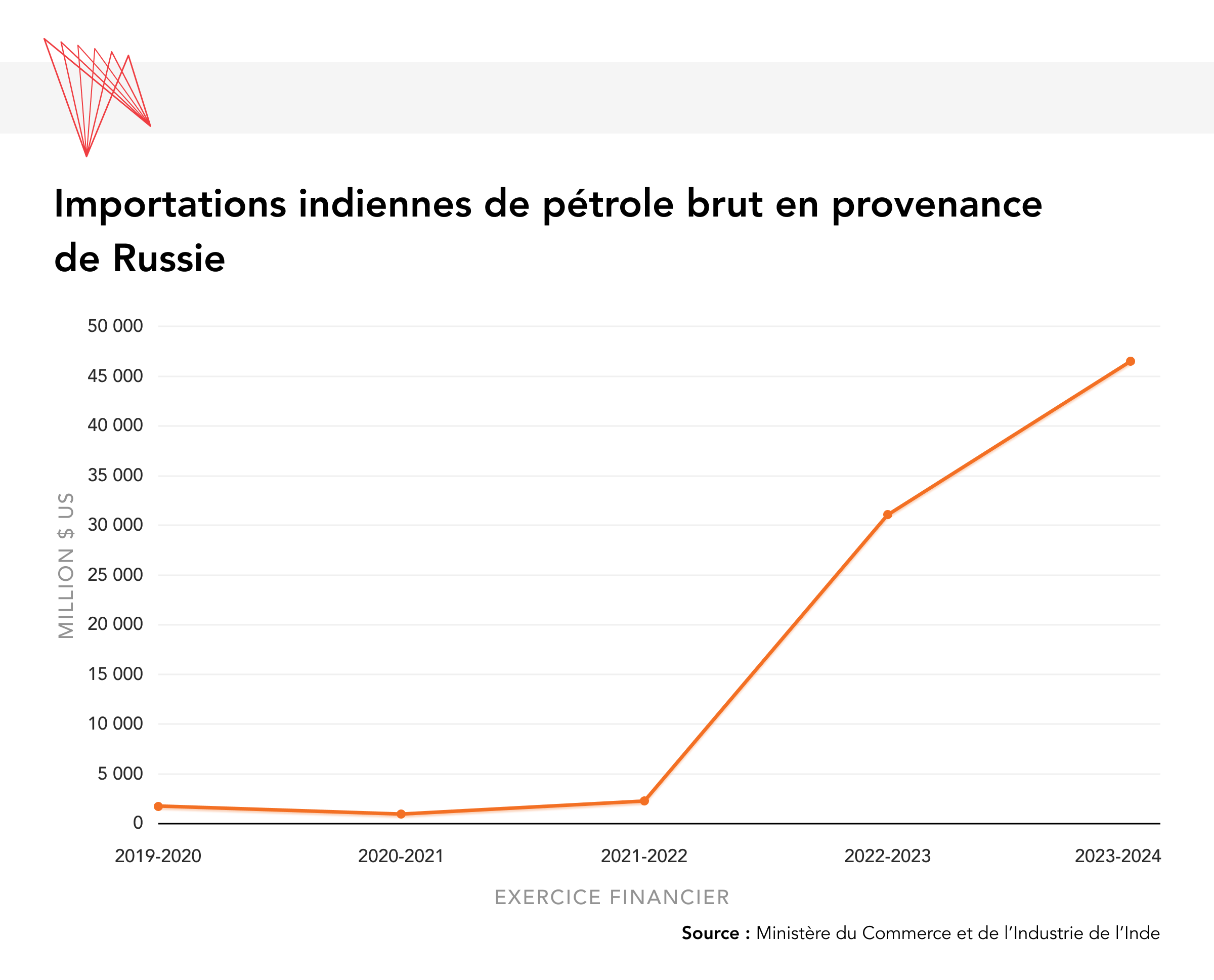
Design graphique : Chloe Fenemore
Implications
Le fait que leurs relations respectives avec la Chine aient pris des tournures radicalement différentes pèse lourdement sur les relations entre l’Inde et la Russie. Les relations entre Moscou et Pékin se sont approfondies, motivées par leur objectif stratégique commun de contrer l’Occident. En revanche, Pékin est devenu le principal adversaire régional de New Delhi, en particulier depuis qu’un affrontement violent a éclaté le long de leur frontière de facto en 2020. Le moment choisi pour la visite de Modi en Russie pourrait indiquer que New Delhi observe avec inquiétude le rapprochement croissant entre la Russie et la Chine.
L’Inde, qui se méfie de plus en plus de l’interdépendance grandissante entre la Russie et la Chine, peut chercher à être rassurée par le Kremlin, mais elle s’efforce également de réduire sa dépendance à l’égard de la Russie. Qui plus est, l’Inde, dont près de 60 % des équipements de défense sont d’origine russe, cherche également à diversifier ses partenariats en matière de défense. Le « facteur chinois » a donc également rapproché l’Inde des États-Unis et de ses alliés occidentaux.
Modi a probablement regretté l’image de la réunion de Moscou, car son dîner privé avec Poutine a coïncidé avec un tir de missile russe sur un hôpital pour enfants à Kiev. Lors de son séjour à Moscou, Modi a déclaré que « toute personne qui croit en l’humanité » est « peinée » lorsque « des enfants innocents sont tués » et a appelé à une fin pacifique de la guerre, mais le président ukrainien Volodymyr Zelensky n’a pas été rassuré : le 8 juillet, il a qualifié la visite de Modi en Russie de « coup dévastateur porté aux efforts de paix ». En juin, Modi a rencontré Zelensky en marge du sommet du G7, cette rencontre n’a toutefois pas incité l’Inde à ajouter son nom à la récente déclaration du Sommet sur la paix en Ukraine en raison de l’absence de la Russie aux négociations.
Le Département d’État américain a déclaré avoir fait part à l’Inde de ses préoccupations concernant ses liens avec la Russie, mais la Maison-Blanche s’est abstenue de toute critique directe, présentant même les relations sous un jour potentiellement constructif, suggérant que les relations de New Delhi avec Moscou pourraient lui permettre d’exhorter Poutine à mettre fin à la guerre.
Prochaines étapes :
- Coopération continue en matière de défense
L’Inde et la Russie devraient signer un accord de logistique militaire, qui permettra l’interopérabilité de leurs forces armées et donnera à l’Inde l’accès aux installations russes dans l’Arctique. Bien que la Russie ait approuvé le projet de cette alliance en juin, l’accord n’a pas encore été signé. Toutefois, les deux pays ont réaffirmé leur engagement en faveur de la fabrication conjointe de matériel de défense dans le cadre de l’initiative indienne « Make in India », malgré les récents retards de Moscou dans la livraison des pièces de rechange du système de missile S-400. Sur une question militaire distincte, la Russie a promis de rapatrier les citoyens indiens qui auraient été dupés en vue de servir dans l’armée russe. Au moins deux Indiens ont été tués jusqu’à présent dans la guerre entre la Russie et l’Ukraine, et 35 à 50 recrues indiennes servent encore dans l’armée russe, une situation que le ministre indien des Affaires étrangères, S. Jaishankar, a qualifiée d’« inacceptable ».
- Connectivité et liens économiques entre l’Inde et la Russie
Les importations de l’Inde en provenance de la Russie ont atteint environ 60 milliards de dollars américains en 2023-2024, principalement en raison d’achat de pétrole à tarif préférentiel, alors que ses exportations vers la Russie n’ont été que de 4 milliards de dollars américains. Alors que l’Inde cherche à corriger ce déficit commercial en augmentant ses exportations, les deux pays transfèrent 60 % de leurs paiements découlant du commerce bilatéral dans leurs monnaies nationales. La Russie a toutefois accumulé une abondance de roupies indiennes en raison du déséquilibre commercial.
De plus, afin de renforcer les liens bilatéraux, Modi a annoncé l’ouverture de deux nouveaux consulats en Russie. Les deux pays cherchent à développer une route maritime en passant par la route de la mer du Nord et à étendre l’utilisation du corridor de transport international nord-sud afin de renforcer les échanges commerciaux et la connectivité. Qui plus est, le corridor maritime oriental entre le port indien de Chennai et le port russe de Vladivostok devrait relier l’Inde à la région de l’Extrême-Orient russe.
Édité par : Vina Nadjibulla, vice-présidente, Recherche et stratégie ; Erin Williams, gestionnaire principale de programme, Asia Competencies ; Ted Fraser, rédacteur principal.
